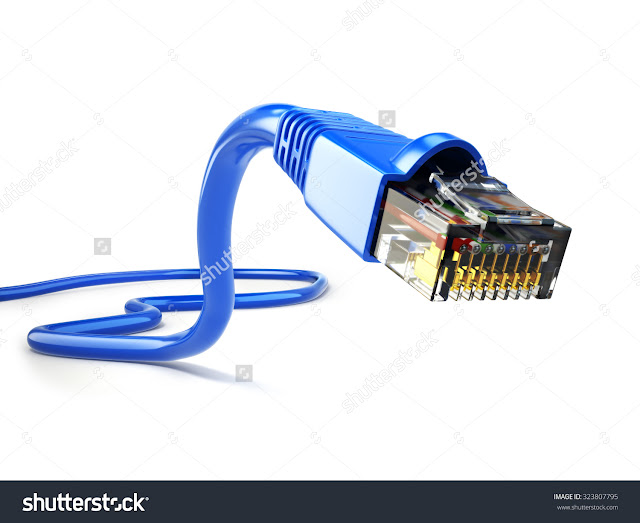Python in Data Science
Why use Python for data science?
You can use several different languages for data science, but Python is one of the most popular. Nearly any language is capable of analyzing data, but some languages and libraries are designed with certain expectations; for instance, the NumPy library provides tools for processing matrices so that you don't have to write a matrix library on your own.
Python, as a language, has a few advantages over many others. First, it is famous for being relatively easy to read. While Python code may not make sense to someone completely unfamiliar with computer programming, it tends to be easier to parse than, say C or C++. That means Python is easier for other people to reuse, because they can read your code and understand what it claims to do, and they may even be able to add to it. Furthermore, Python has several strong purpose-built libraries geared specifically toward data science. Because existing Python data science libraries already provide many of the things data scientists often need to do, Python has earned a rightful place as a leading language in the field.
All other benefits of Python apply, such as the convenience of the pip package manager, the robust venv virtual environment interface, an interactive shell, and so on.
Julia and Jupyter
Python isn't the only language capable of analyzing data, and in fact there are many others out there that arguably surpass it. The Julia language is popular with data scientists for its focus on performance and data visualization. Julia's popularity was noticed by the developers of iPython, an interactive development environment. inspiring them to change the project name to Jupyter, an intentional amalgamation of Julia/Python/R.
Today, Jupyter notebooks are used for interactive computing, which allows data scientists to get instant feedback (both in code and visually) while they code. Viewing someone's Jupyter notebook can be a multimedia experience, with documentation, plus the source code, all in the same place. It's a powerful tool, but easy enough to get started on even if you're just learning to code.
Data science and the future
As computers continue to proliferate, available data grows. If you're the sort who wants to understand how the world works, there's no better way to start than data science. And whatever you do in data science, remember to keep it open so everyone benefits.


Comments
Post a Comment